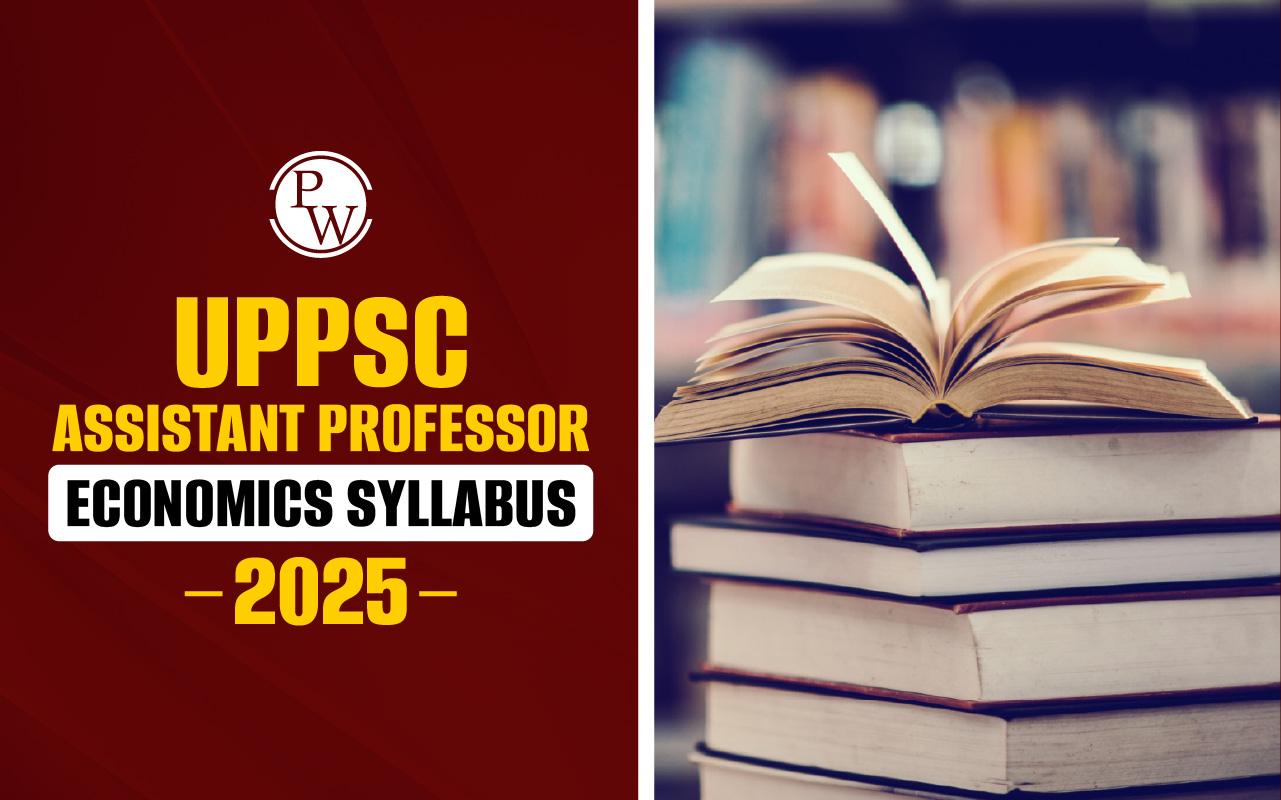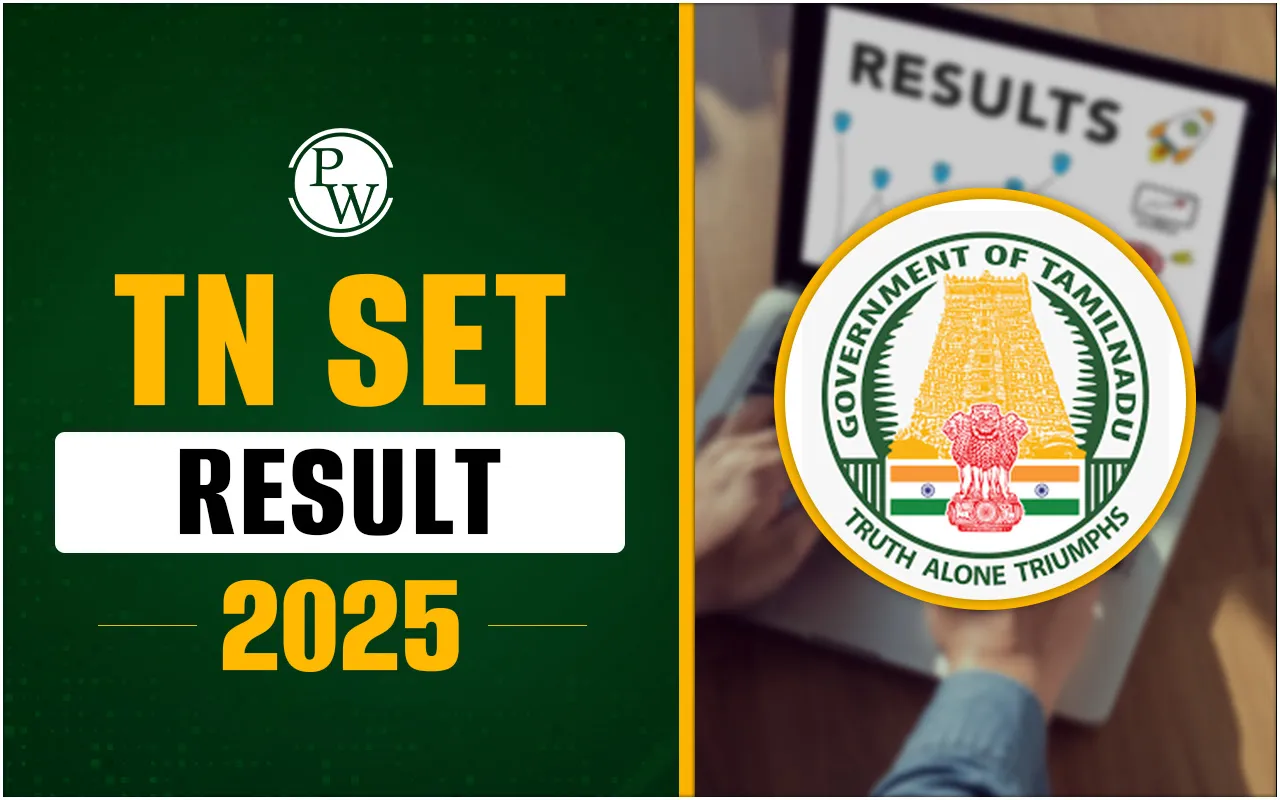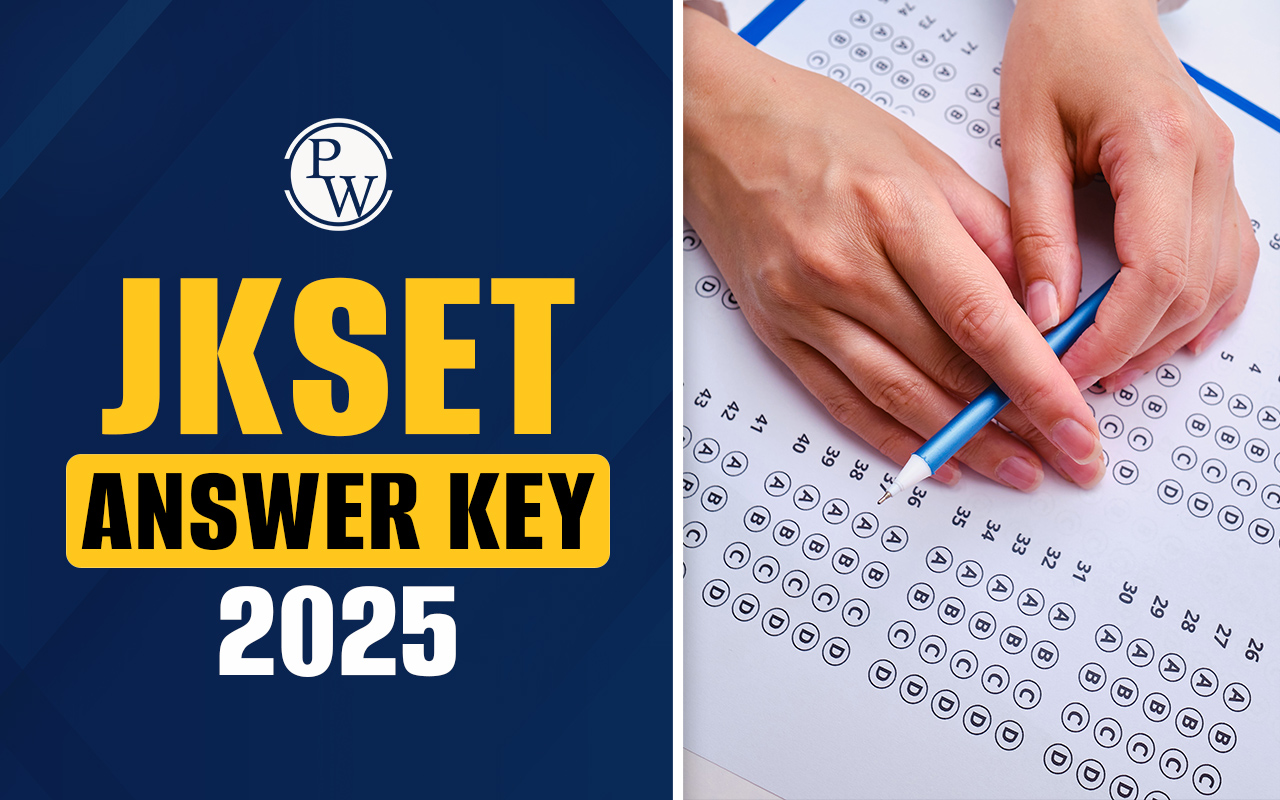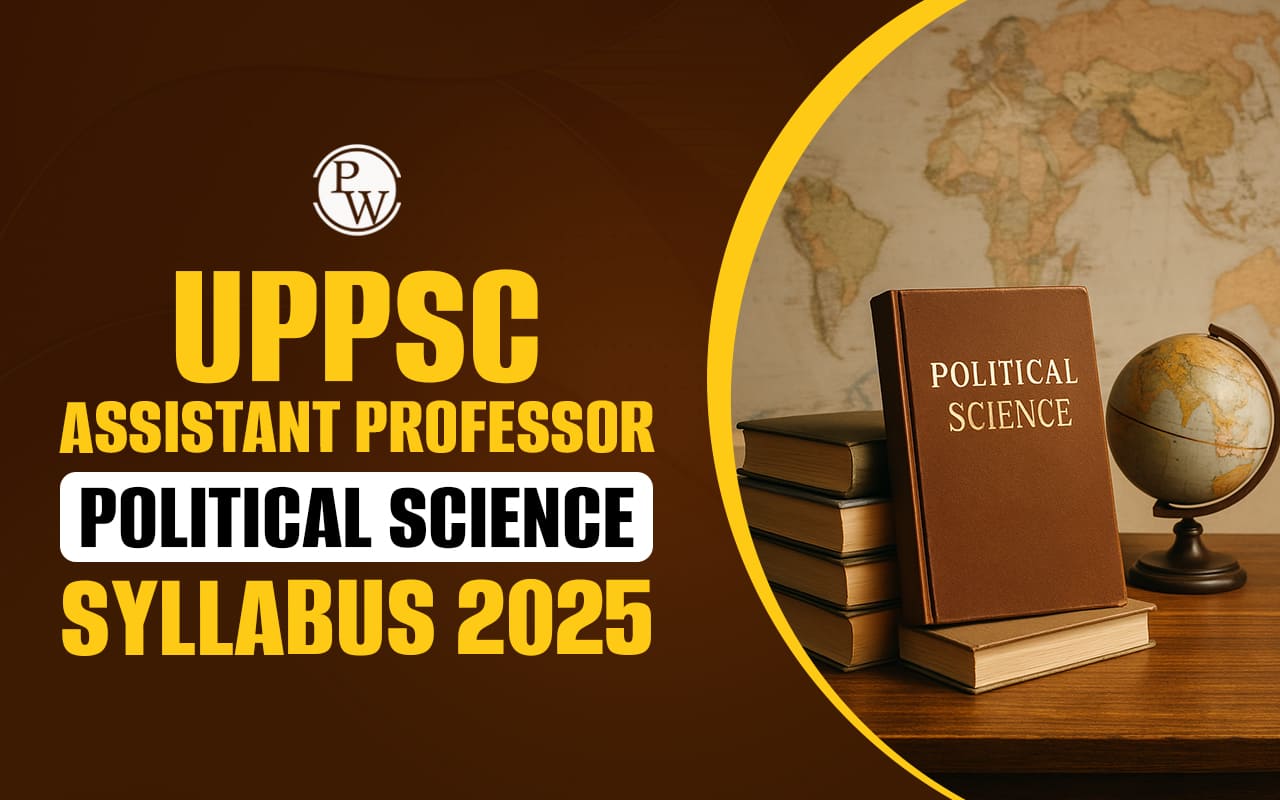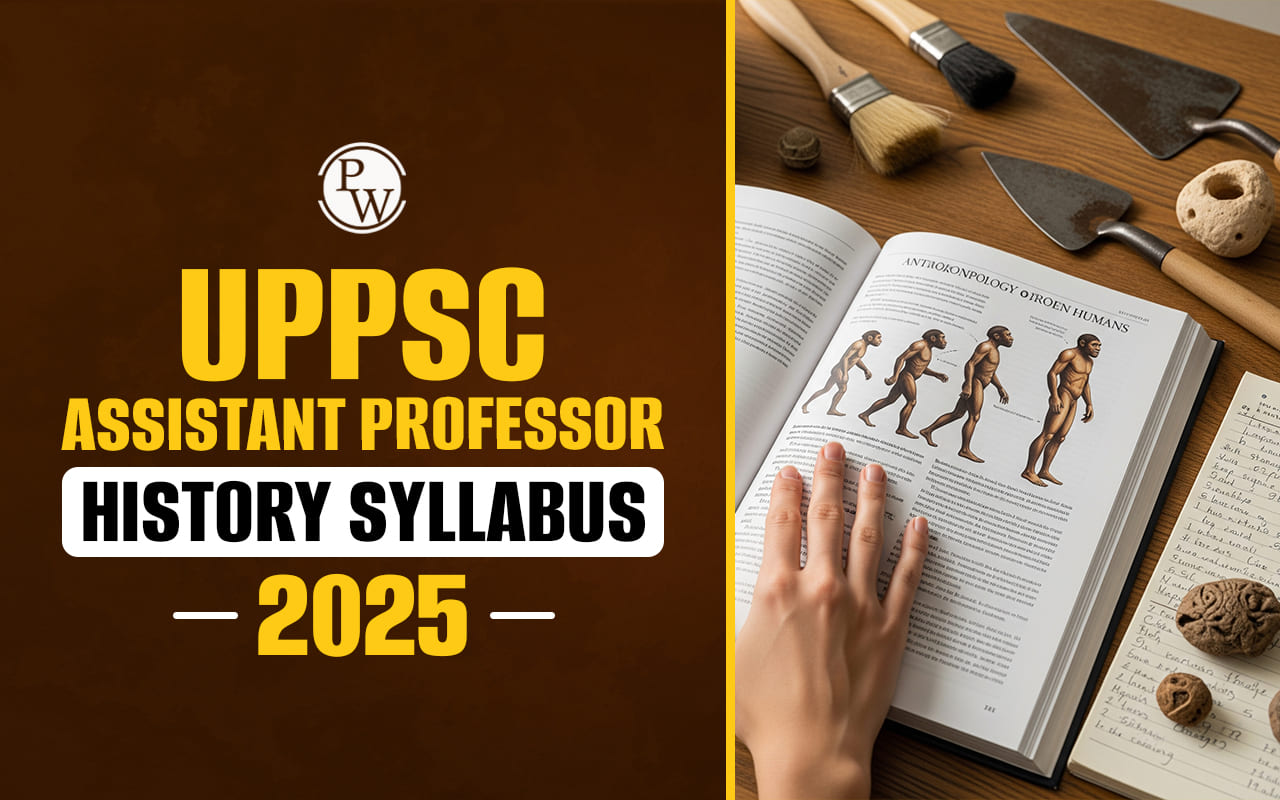
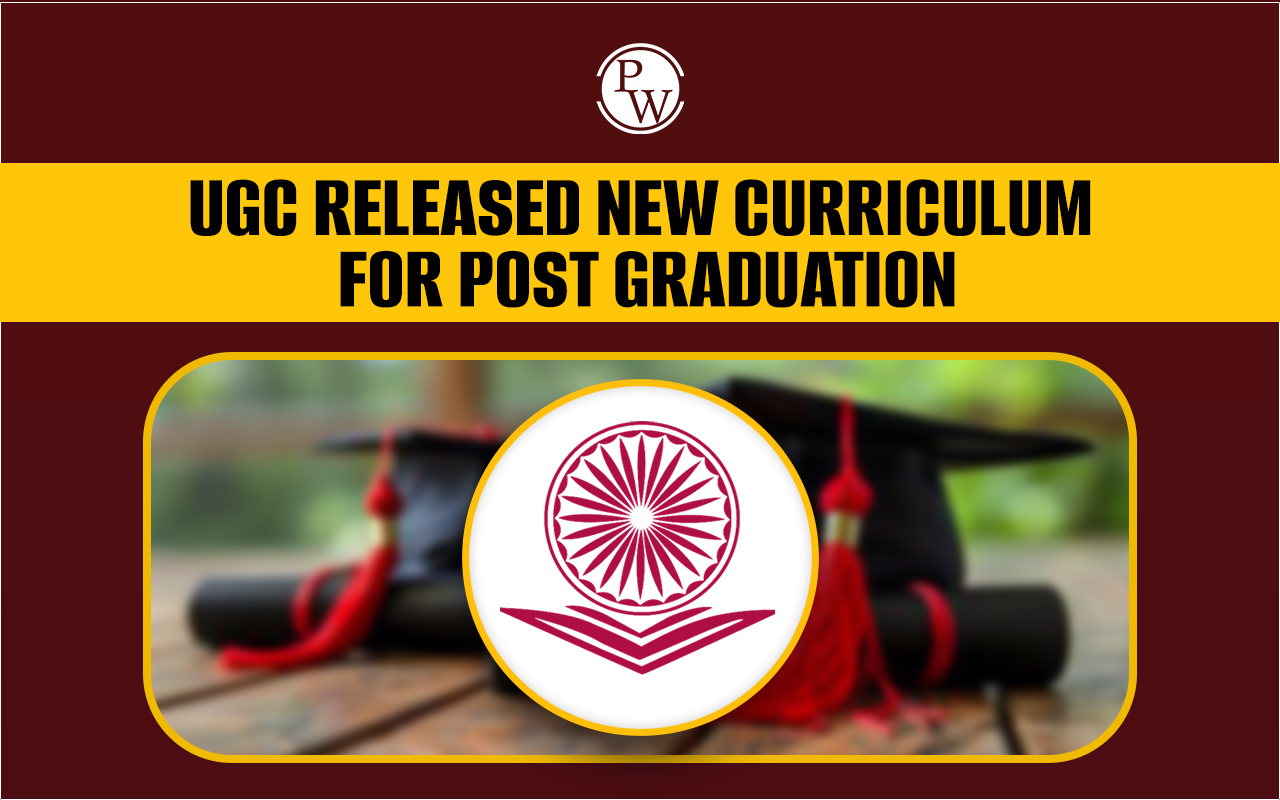
UGC Released New Curriculum For Post Graduation: The University Grants Commission (UGC) has introduced a new curriculum and credit system for Postgraduate (PG) programs under the New Education Policy (NEP) 2020. This framework aims to improve postgraduate education in India and offer more diverse learning options.
The policy provides different types of PG program structures to suit various undergraduate backgrounds. Students with a 3-year Bachelor's degree can join a 2-year PG program, with the final year dedicated to research. Those who have a 4-year Bachelor's degree can complete a 1-year PG program. The policy also introduces a 5-year combined Bachelor's and Master's program.Key Recommendations of NEP 2020 for Postgraduate Education
The New Education Policy (NEP) 2020 includes several recommendations for improving postgraduate (PG) education in India:- 2-Year PG Programme : For students with a 3-year Bachelor's degree, a 2-year PG programme may be introduced, with the second year focused entirely on research.
- 1-Year PG Programme : Students completing a 4-year Bachelor's degree with Honours or Honours with Research may have the option to pursue a 1-year PG programme.
- 5-Year Integrated Programme : An integrated 5-year Bachelor's and Master's programme may also be available for students.
- Focus on Core and Multidisciplinary Areas : PG programmes will include advanced fields like Machine Learning, as well as multidisciplinary areas such as "AI + X," and professional fields like healthcare, agriculture, and law.
- National Higher Education Qualifications Framework (NHEQF) : PG programmes will follow the NHEQF, which will define qualifications based on learning outcomes, with levels set at 6, 6.5, and 7.
- National Credit Framework (NCrF) : The PG framework will align with the NCrF, allowing for the creditization, transfer, and redemption of learning achievements, subject to assessment.
Main Features of the PG Curriculum Framework
The PG curriculum framework offers several key features designed to provide flexibility and support diverse learning paths for students. Here are the main features:- Discipline Flexibility : Students have the freedom to shift between different disciplines during their PG studies.
- Major and Minor Options : Students who have completed a UG degree with major and minor subjects can choose to continue with their major/minor or explore other subjects, based on their ability to demonstrate competence.
- Choice-Based Learning : Students can select courses that align with their personal interests and academic goals.
- Flexible Learning Modes : Students can choose from various learning modes, including offline, online, Open and Distance Learning (ODL), or hybrid modes.
- Academic Mobility : The framework supports the mobility and flexibility of students through the Academic Bank of Credits (ABC) and guidelines for multiple entry and exit options in higher education, as per UGC regulations.
Credit Requirements and Eligibility for PG Programme
To be eligible for a Postgraduate (PG) programme, candidates must meet certain credit requirements and qualifications based on their undergraduate (UG) degree. These requirements ensure that students have the necessary academic background for advanced studies. Here are the credit requirements and eligibility for different types of PG programmes: For a 1-year/2-semester PG Programme :- Candidates must have a Bachelor’s degree with Honours/ Honours with Research.
- The degree should have at least 160 credits and be at level 6.5 on the National Higher Education Qualification Framework (NHEQF).
- Candidates with a 3-year/6-semester Bachelor’s degree must have at least 120 credits and be at level 6.5 on NHEQF.
- Candidates with a 4-year Bachelor’s degree (e.g., B.E., B.Tech.) must have at least 160 credits and be at level 7 on NHEQF.
- Students can apply for a PG programme related to their major or minor discipline in their UG programme.
- Admission can be based on performance in the UG programme or through an entrance exam.
- Students are also eligible to apply for any PG programme if they qualify the entrance exam at either the National or University level, even if the discipline differs from their UG background.
Opportunities for Career Redirection through Flexible Postgraduate Curriculum
The new education framework acknowledges that students' goals can change over time and provides them with the flexibility to shift disciplines without major obstacles. Whether students want to pursue a minor subject from their undergraduate studies or explore a completely new field through entrance exams, they have the freedom to reshape their academic journey in line with their career aspirations. The UGC’s revised postgraduate curriculum is designed to be more adaptable and focused on developing essential skills. By promoting interdisciplinary learning, research, and the integration of new technologies, it ensures that postgraduate education in India aligns with international standards while remaining open and inclusive. Higher education institutions are now responsible for customizing their programmes to meet these evolving needs, marking a significant transformation in the education system.UGC Released New Curriculum For Post Graduation FAQs
What is the UGC's new curriculum for postgraduate education?
The UGC has introduced a new curriculum and credit framework for postgraduate (PG) programs under NEP 2020 to modernize education and offer more flexible learning options.
What are the types of postgraduate programs available under NEP 2020?
Under the new framework, there are 2-year, 1-year, and integrated 5-year postgraduate programs.
A 2-year program for students with a 3-year Bachelor's degree.
A 1-year program for students with a 4-year Bachelor's degree.
A 5-year combined Bachelor's and Master's program.
What is the focus of postgraduate programs under NEP 2020?
Postgraduate programs will focus on advanced fields like Machine Learning, AI, and multidisciplinary areas such as healthcare, agriculture, and law.
What is the National Higher Education Qualifications Framework (NHEQF)?
The NHEQF is a system that sets learning outcomes for different qualification levels. PG programs will follow NHEQF levels 6, 6.5, and 7.
Can students change disciplines during their postgraduate studies?
Yes, the framework allows students to shift between disciplines, giving them more flexibility to align their studies with career goals.
Talk to a counsellorHave doubts? Our support team will be happy to assist you!

Free Learning Resources
PW Books
Notes (Class 10-12)
PW Study Materials
Notes (Class 6-9)
Ncert Solutions
Govt Exams
Class 6th to 12th Online Courses
Govt Job Exams Courses
UPSC Coaching
Defence Exam Coaching
Gate Exam Coaching
Other Exams
Know about Physics Wallah
Physics Wallah is an Indian edtech platform that provides accessible & comprehensive learning experiences to students from Class 6th to postgraduate level. We also provide extensive NCERT solutions, sample paper, NEET, JEE Mains, BITSAT previous year papers & more such resources to students. Physics Wallah also caters to over 3.5 million registered students and over 78 lakh+ Youtube subscribers with 4.8 rating on its app.
We Stand Out because
We provide students with intensive courses with India’s qualified & experienced faculties & mentors. PW strives to make the learning experience comprehensive and accessible for students of all sections of society. We believe in empowering every single student who couldn't dream of a good career in engineering and medical field earlier.
Our Key Focus Areas
Physics Wallah's main focus is to make the learning experience as economical as possible for all students. With our affordable courses like Lakshya, Udaan and Arjuna and many others, we have been able to provide a platform for lakhs of aspirants. From providing Chemistry, Maths, Physics formula to giving e-books of eminent authors like RD Sharma, RS Aggarwal and Lakhmir Singh, PW focuses on every single student's need for preparation.
What Makes Us Different
Physics Wallah strives to develop a comprehensive pedagogical structure for students, where they get a state-of-the-art learning experience with study material and resources. Apart from catering students preparing for JEE Mains and NEET, PW also provides study material for each state board like Uttar Pradesh, Bihar, and others
Copyright © 2025 Physicswallah Limited All rights reserved.



